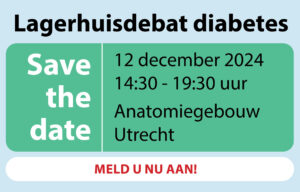Prevailing dietary guidelines have widely recommended diets relatively low in red and processed meats and high in minimally processed plant foods for the prevention of chronic diseases. However, an ad hoc research group called the Nutritional Recommendations (NutriRECS) consortium recently issued "new dietary guidelines" encouraging individuals to continue their current meat consumption habits due to "low certainty" of the evidence, difficulty of altering meat eaters’ habits and preferences, and the lack of need to consider environmental impacts of red meat consumption. These recommendations are not justified, in large part because of the flawed methodologies used to review and grade nutritional evidence. The evidence evaluation was largely based on the Grading of Recommendations, Assessment, Development, and Evaluation (GRADE) criteria, which are primarily designed to grade the strength of evidence for clinical interventions especially pharmacotherapy. However, the infeasibility for conducting large, long-term randomized clinical trials on most dietary, lifestyle, and environmental exposures makes the criteria inappropriate in these areas. A separate research group proposed a modified and validated system for rating the meta-evidence on nutritional studies (NutriGRADE) to address several limitations of the GRADE criteria. Applying NutriGRADE, the evidence on the positive association between red and processed meats and type 2 diabetes was rated to be of "high quality," while the evidence on the association between red and processed meats and mortality was rated to be of "moderate quality." Another important limitation is that inadequate attention was paid to what might be replacing red meat, be it plant-based proteins, refined carbohydrates, or other foods. In summary, the red/processed meat recommendations by NutriRECS suffer from important methodological limitations and involve misinterpretations of nutritional evidence. To improve human and planetary health, dietary guidelines should continue to emphasize dietary patterns low in red and processed meats and high in minimally processed plant foods such as fruits and vegetables, whole grains, nuts, and legumes.
Patiëntvoorbeelden m.b.t. vergoeding
- ten laste van verzekeraar
- geen vergoeding door verzekeraar


